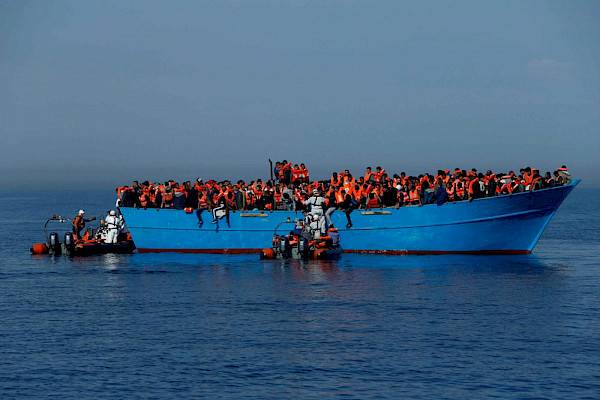Episode transcript The transcript is generated automatically by Podscribe, Sonix, Otter and other electronic transcription services.
Hello everybody welcome to the five minutes PM podcasts today. I like to discuss Crisis Management related to the remotion of the work is international workers working in Libya why I'm thinking about this example is because this was a white successful project. We remove most of our workers from abroad in a very safe way. We don't know People from other countries that are not directly related to the conflict that was strongly enjoyed or that by the same problem that we are facing in Libya.

